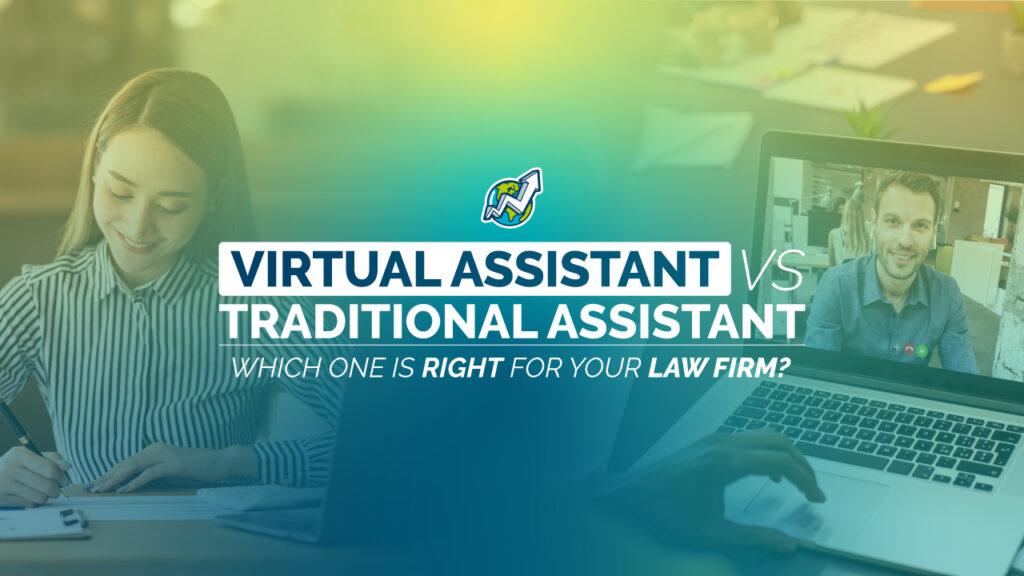We are living in the digital age, where business and law firms are embracing new technologies and finding innovative ways to streamline their operations, enhance productivity, and increase profitability. The rise of Virtual Assistants has been one of the most impactful solutions in recent years; due to the 2020s pandemic, the search for incredible offshore talent has dramatically increased due to the wide array of benefits and advantages over traditional assistants. Join us and learn more about their respective strengths and weaknesses and how to determine which option is the right fit for your law firm.
Virtual Assistants Assemble
The growing trend of Virtual Assistants in the legal industry is also driven by advancements in artificial intelligence (AI) and automation technology. Virtual Assistants’ capabilities are being used to streamline administrative processes, improve client service, and increase operational efficiency. Aided by new technological tools, the possibilities are endless to provide top-tier services to your clients. VAs are also much less expensive than an in-house employee; they are flexible, committed, and always ready to help you out whenever you need it.
At Get Staffed Up we’ve helped many clients with different needs who have enjoyed the benefits of delegation through offshore staffing. Finding the right fit for your practice can be exhausting. Luckily we have a vetting process to find only the Top 1% who can go the extra mile to help you take your business to the next level. You can learn more about the different virtual positions we offer HERE.
Going For The Traditional Approach
While offshore Virtual Assistants offer great undeniable benefits, it’s important to analyze the value provided by traditional in-house assistants. When you’re evaluating the possibility of hiring someone with a more vintage vibe, it’s recommended to look for someone who can provide a human touch that VAs may “physically” lack. Familiarity with clients and more directly engaging interactions and sometimes possess a little bit more institutional knowledge. Communicating directly with some in the office could sometimes be quicker and some face-to-face interactions and non-verbal cues can be helpful in situations where it can’t be replicated by virtual assistants.
However, a Virtual Assistant can do almost all of the same tasks a traditional assistant can do. If you have implemented a reliable communication system and know how to properly delegate, you’ll realize there’s no need to have employees in a physical location, saving money and time.
The Right Fit For My Law Firm?
In conclusion, the decision between a Virtual Assistant and a traditional assistant depends upon several factors, each unique to a law firm. While Virtual Assistants offer increased flexibility, cost-effectiveness, and high efficiency, traditional assistants bring invaluable familiarity with the firm’s operations and personal touch. The key lies in understanding the specific needs of your law firm and striking the right balance between technology and human interaction. Maybe you don’t want to be fully virtual or fully in-house. By carefully evaluating these factors and considering a hybrid approach, you can optimize your law firm’s productivity, efficiency, and client service, ensuring the best fit for your organization in the ever-evolving legal landscape.






